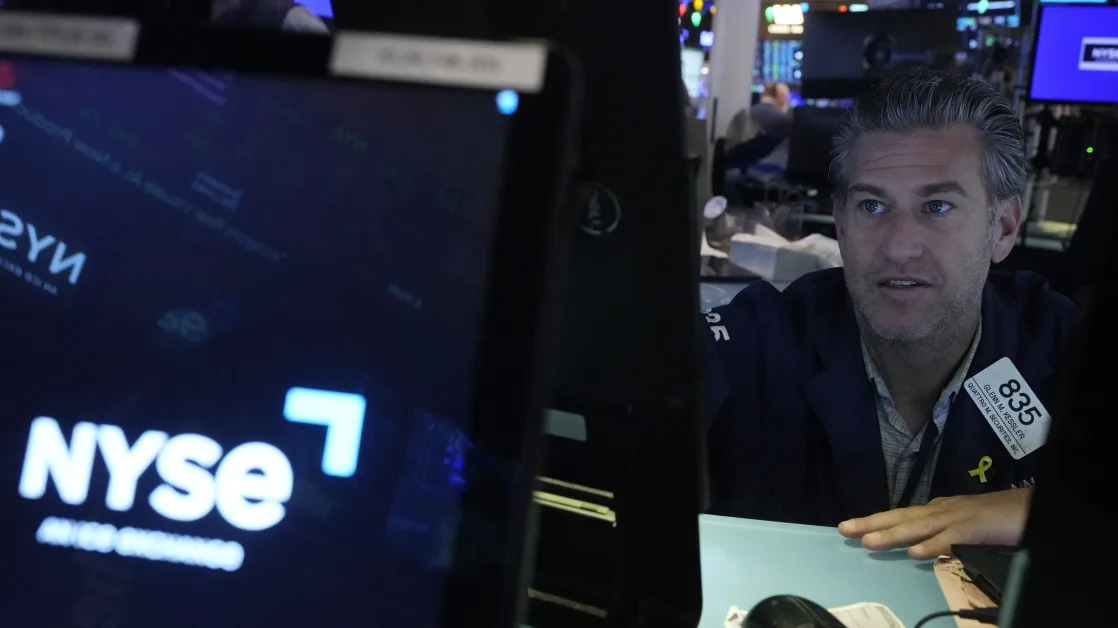WASHINGTON (Reuters) -Widespread deportation of foreign-born workers from the United States probably would disrupt some businesses, but the impact on inflation and the broad economy would depend on the details, Minneapolis Federal Reserve President Neel Kashkari said on Sunday.
Kashkari, appearing on the CBS program "Face the Nation," offered his views on the economic impact of U.S. President-elect Donald Trump's campaign promise to deport immigrants who are in the United States unlawfully.
"If you just assume people are working - either working in farms or working in factories - and those businesses now lose employees, that would probably cause some disruption," Kashkari said.
"The implications are not entirely clear to me," Kashkari added. "Ultimately it is going to be between the business community and Congress and the executive branch to figure out how they would adjust."
Trump's election last Tuesday to a second four-year term may pose new uncertainties for the U.S. central bank as it continues to consider interest rate cuts now that inflation is nearing the Fed's 2% target. The Fed cut the benchmark rate a quarter of a percentage point last week to a range between 4.5% to 4.75%.
Kashkari said that while the current expectation is for another quarter point cut at the Fed's December meeting, "we need to see what the data actually look like" before deciding.
"We want to have confidence that inflation is going to go all the way down to our 2% target," from its current level around half a percentage point above that, Kashkari said.
Along with an immigration crackdown, Trump has said he will impose broad tariffs on imported goods and seek tax cuts, which could increase federal deficits. How those policies impact inflation, Kashkari said, will depend on the details and on factors such as how other nations respond to U.S. tariffs.
A tariff, a fee or tax charged as goods enter the country, may spark a one-time increase in prices but have no impact on long-run inflation, Kashkari said.
But "the challenge becomes if there is a tit for tat," Kashkari said. "If it is one country imposing tariffs, and then responses, and it is escalating ... we will have to wait and see what gets implemented and then how other countries might respond. Right now we are just all guessing."





